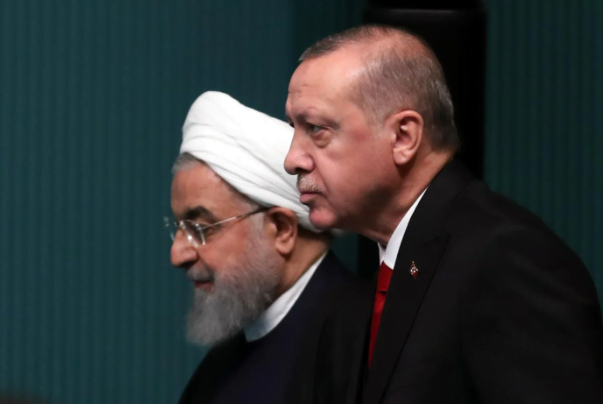
The UAE-Israel peace agreement, which will be formalised on 15 September, will have a massive impact on the geopolitics of the Middle East in the long term.
Framed primarily as a counter against Iranian influence in the region, the first peace deal between Israel and an Arab Gulf country goes much further than that.
Unlike Israel’s previous peace agreements with Egypt in 1979 and Jordan in 1994, which remained at the formal state level and did not enable deeper penetration of society, the rapprochement with the UAE brings Israel into the heart of the region.
By developing political, economic, and cultural capital in the UAE, Israel potentially gains the ability to influence events across the region, in relation to Yemen, other Gulf states, and even Iraq.
Strategic alliance
In that context, the deal is very bad news for Turkey and Qatar, the two states at the forefront of developing an alternative ideological-security regional architecture distinct from the conservatism of other Arab Gulf states, Egypt, and Iran’s so-called Axis of Resistance.
To prevent the UAE-Israel alignment from gaining game-changing strategic momentum in the years ahead, Iran, Turkey, and Qatar will have to work more closely together, aligning not only their politics and economies but crucially their strategic postures as well. Israel-UAE deal
Also Read: The 1988 Massacres Still Haunt the Islamic Regime in Iran

